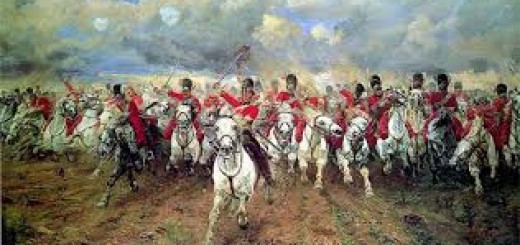A thought about prayer:[1]
The Zohar (Tikunei Zohar 13) states:
“Rabbi Shimon opened: The heavens are preparing for war against this serpent who resides in the great mountains. He killed the first man and all those who lived after him. It is for this reason that a proclamation is made every day: ‘Whoever kills this serpent who resides in the great mountains will be given the princess’—which is prayer.”
The war that is being discussed above is the battle of prayer[2]. During prayer, there is a constant struggle with the extraneous thoughts that arise in one’s mind, which distract him from prayer.
The battle is so great, that there are seldom few people that are successful in prevailing, as stated in the Talmud (Bava Basra 164b): “[There are] three transgressions which no man escapes for a single day: Sinful thought, concentration during prayer,[3] and slander.”
The essential idea of prayer is, as conveyed in the Talmud (Eiruvin 64a), that when one prays, one must feel the presence of the King. It is for this reason that someone who has imbibed alcohol is forbidden to pray:
“Rabbah son of R. Huna ruled: One who is under the influence of drink must not pray, but if he did pray his prayer is regarded as a proper one. An intoxicated man must not pray, and if he did pray his prayer is an abomination. How are we to understand the expression of ‘One who is under the influence of drink’, and how that of ‘an intoxicated man’?…The former is one who is able to speak in the presence of a king, the latter is one who is unable to speak in the presence of a king.’”
When one’s mind wanders during prayer, they are not in that moment in front of the King. When a person is able to conquer the source of their extraneous thoughts and “slay the dragon,” they are “given the princess—which is prayer.”
They are given the greatest reward—that G-d should always be present before their eyes!
[1] Based on Tzidkas HaTzadik #208, 209
[2] Zohar 1:202b, 3:243a
[3] According to Tosafot.





















